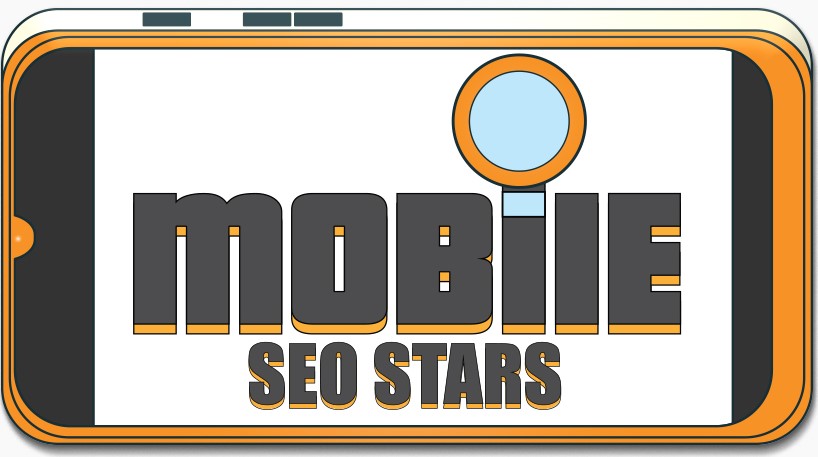Digital Currency With Tool And Some Script
Digital currency is a type of currency available in digital form (in contrast to physical, such as banknotes and coins) there is no physical presence. It exhibits properties similar to physical currencies, but can allow instantaneous transactions and borderless transfer-of-ownership. There are various examples of digital currencies like Bitcoin etc. These currencies are allowed to buy some goods and services while restricted for others and also some countries don’t accept digital currencies.Digital currency is a money balance kept electronically on a stored- valuecard or other devices. Digital money can either centralized, where there is a central point of control over the money supply, or decentralized, where the control over the money supply come from various sources.
Tools used in Digital currencies
Each cryptocurrency has different specifications and capacities depending on the purpose for which it was developed. Although digital currencies have been traded for profit and most were not created for investment vehicles.
Bitcoin
Bitcoin is primarily digital currency. Users in Bitcoin network, known as bitcoin miners, use computer-intensive software so as to validate transactions that pass through the network, earning new bitcoins in process. Bitcoin was developed as decentralised global payment system; however, it’s also been bought and sold in very large volumes as a speculative investment.
Ethereum
Ethereum uses blockchain technology so as to run an open software platform. It can process various transactions, contracts and run other programs, which allow developer to create and also run any program, in any programming language, on a single decentralised platform on computer.In Ethereum blockchain, miners work hard to earn ether, which is crypto token that drives the network. Ether can also be used to pay for the fees and services within the network.
Litecoin
Litecoin,is like Bitcoin, was created as an electronic payment system; however, the transactions on Litecoin network are processed faster and there are more number of litecoins in circulation than there are bitcoins. Some users see Litecoin as a lighter version of Bitcoin.
Ripple
Ripple is transaction protocol designed to complement the Bitcoin by allowing real-time transfers between users in any currency available. It is a database in which users can store and transfer the value in any currency, including other cryptocurrencies, on protected network.
Ripple uses tokens that were created by developers, rather than mined or earned like other digital currencies. Some users don’t see Ripple as a true cryptocurrency, but the technology has been popular with financial institutions.
RISKS:
Fewer safeguards
The exchange platforms on which buying and selling of digital currencies are not regulated, so if platform fails or is hacked, currency will not be protected and will have no legal recourse.
Values Fluctuation:
A cryptocurrency is not at all guaranteed by any bank or government. Its value is based on its popularity at any given time, which is influenced by factors for example the number of people using it, ease with which it can be traded or used and perceived value of currency and its underlying block chain technology. Investing in the virtual currencies is considered highly speculative, as values can fluctuate significantly over short periods of times.
Stealing
The digital wallet has a public key and a private key, like a password or PIN. However, digital currency systems allow the users to remain relatively anonymous and there is no central data storage. If hackers steal digital currency there is little hope of getting it back.


